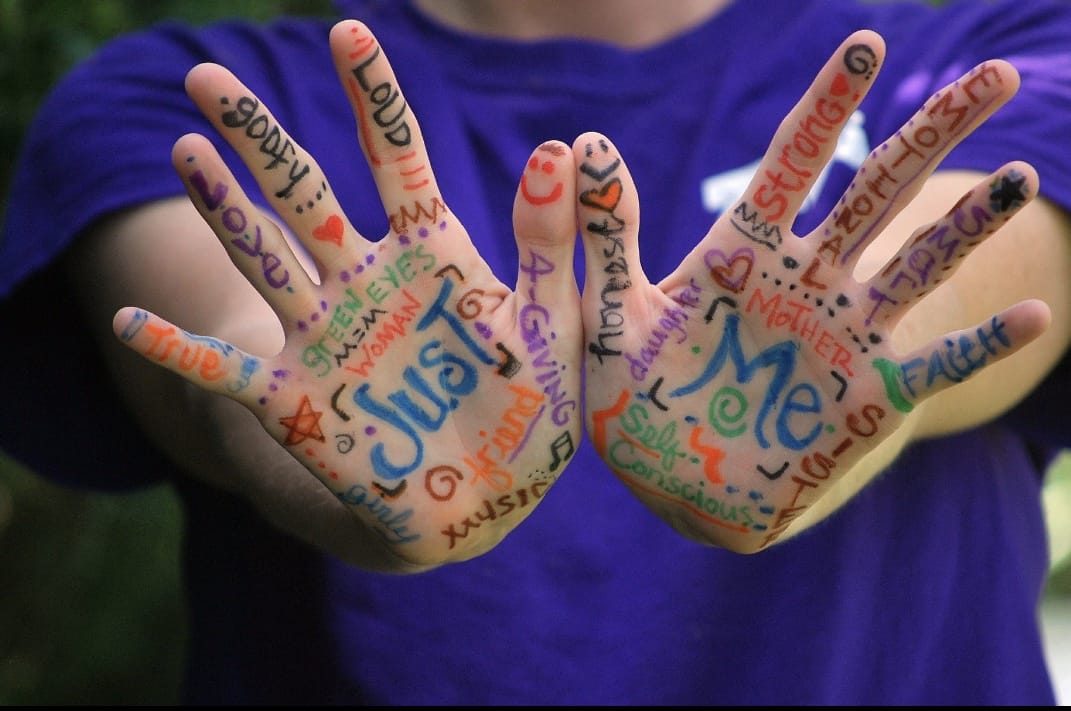Who we are affects how we react to crisis
We generally save temperament talks to articles about children and parenting, but temperament plays a role with how we, as adults, respond to crisis and emergencies. Right now, you may be struggling in some areas but thriving in others, and temperament might play a role in that.
Activity Level. Some people have a higher need for activity than others, and sitting at home during this pandemic, might be getting to them. If you’re a high activity person, you will want to keep a running list of active things you can do for stress relief and creativity. Now’s a good time to clean out that hall closet or garage. And it’s always a good idea to get out an exercise. People who score lower on the activity level spectrum might be more comfortable sitting in place for a bit, but it’s also important for them to remain somewhat active. When we stay home, we don’t have that push to get up and get moving, so lower activity folks might need to set a time in their schedule to get outside and get some fresh air. Even a 15 minute walk break can help your mental health.
Biological Rhythms. Are you suddenly turning into a night owl? Do you have trouble remembering what day it is? We are completely out of our routines, and some people struggle from a change in routine more than others. Try to set a few “normalcy” guidelines in this time of change. Get up at a regular time, and keep your normal bedtime routine. Set routine times for meals and exercise.
Do allow for flexibility, especially for those who resist a rigid schedule, but try to follow some sort of routine.
Sensitivity. Some people are more sensitive to the external environment than others. If you’re used to working in a quiet environment, working from a noisy home might impact your mood. Even subtle changes in lighting could make a difference for sensitive people. Sensitivity also extends to emotions. Some people are more highly affected to news stories and distressing images than others, so make sure you monitor your news and social media input. Limit watching/reading news to 1-2 times per day and follow up any distressing stories with self-care of some sort. I find that walking after checking in with the news helps me to burn off some of those stressful emotions.
Curious what coaching can do for you?
Schedule your free 30 minute discovery session to find out if coaching is right for you.
Other impacts of change
Adaptability. Certain people deal with change better than others. But even those who handle change well, still might be struggling with the transitions that this pandemic has brought upon us. Check in with people who typically “do fine” with change to make sure they’re doing ok. And remember to give yourself compassion. Everyone is struggling right now. This is hard right now. And it’s ok if you’re struggling with change. Break up the big changes into tiny, manageable steps (if you need some help, check in with me, and I’ll be happy to give some ideas). It’s easier to get out of your comfort zone via small steps than big leaps.
This is a collective grieving moment for all of us.
Distractibility. As with any type of grief, it is often hard for us to stay focused during a crisis. You might find yourself having difficulty focusing on work or difficulty reading. You may even find yourself drifting within a few minutes of a movie. This is a normal reaction to grief and loss, and that’s what we are experiencing on various levels right now. Whether you are on the front lines, worried for loved ones, or struggling with a loss of the events and fun things you are used to doing, you are struggling right now. Don’t get caught up in judging whether your struggle is enough. A struggle is a struggle. Give yourself some loving kindness and try some moments of mindfulness to help with distractibility. You can also check in with my Calming the Stress Monster series, which has some great tips for how to refocus and breathe.
Finally, remember that others in your life may have a different response than you do. We talk about goodness of fit in parenting, which is the idea of adapting your parenting style to meet the needs of your child’s temperament. A similar approach can work with any relationship in your life. Get to know how you respond to crisis, but also watch how those around you respond. Sometimes, our temperaments match, but sometimes they clash a bit, causing conflict. Trying to find ways to adapt within the difference can help you to have empathy for and support each other. Best to all of you. We are in this together.
Coaching packages big and small
If you’re ready to change how you manage change, we can work together to develop the plan and package that’s right for you.








